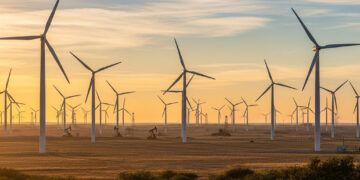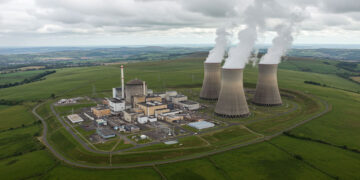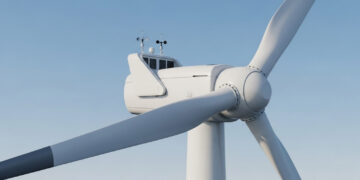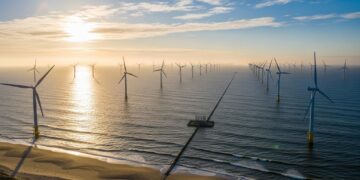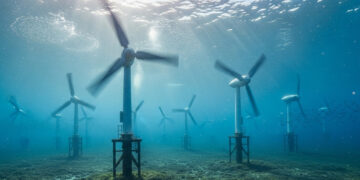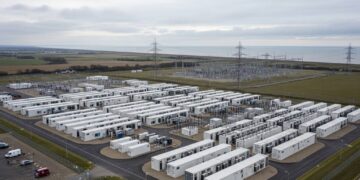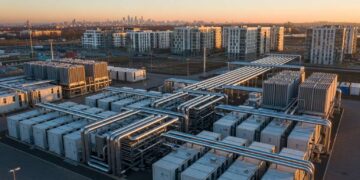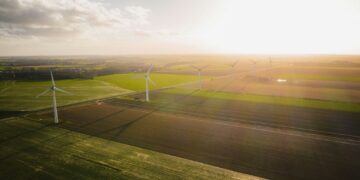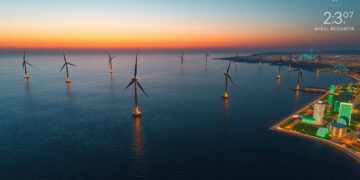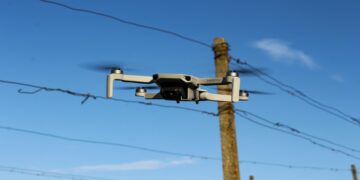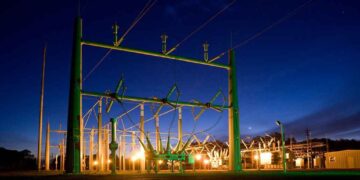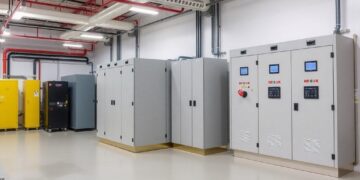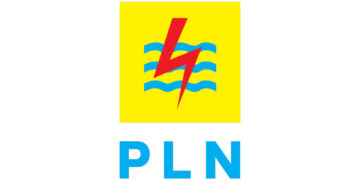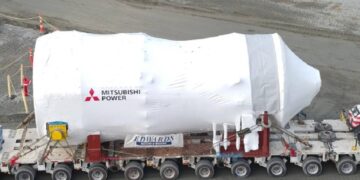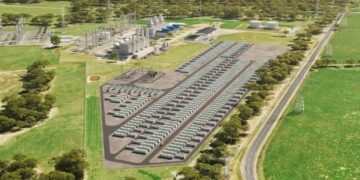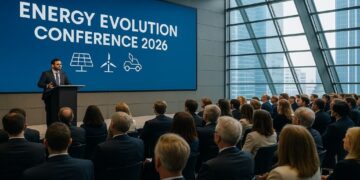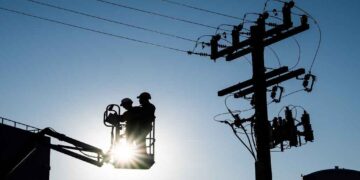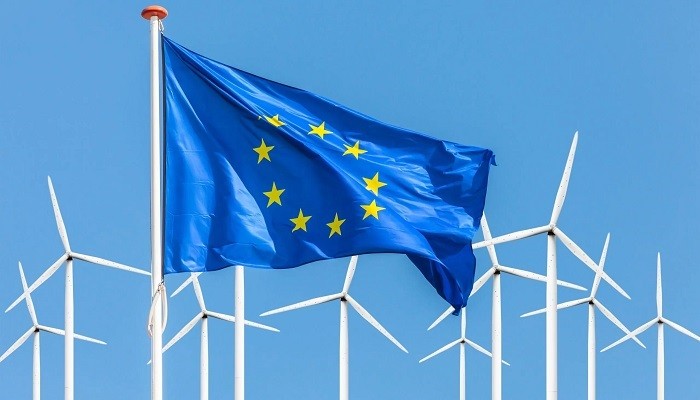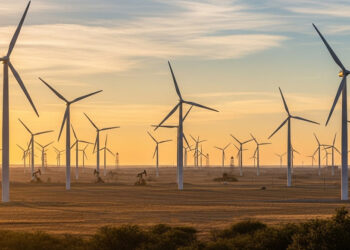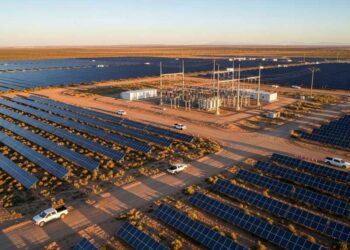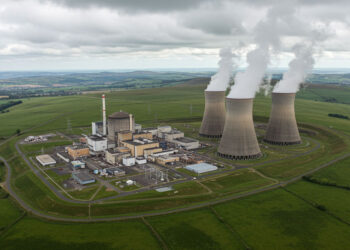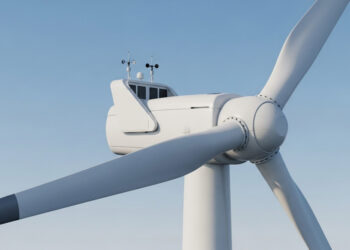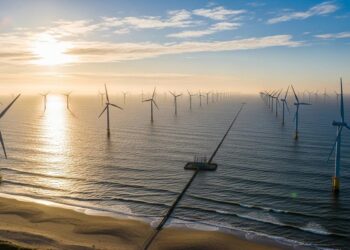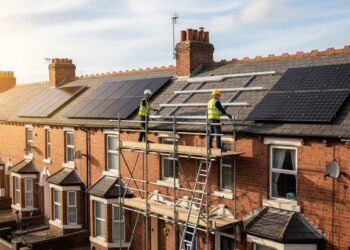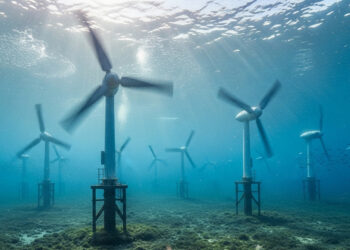Europe’s wind farms are being hampered by a lengthy wait for licenses, according to the industry.
As of Friday, July 5, 2024, the industry group WindEurope said that hundreds of gigawatts of wind energy projects are now waiting for licenses to link to Europe’s power grid. This backlog poses a danger to the transition to green energy since it threatens to impede down the transition.
Exactly why it is so vital
According to WindEurope, the most significant obstacle that stands in the way of Europe’s spread of renewable energy is now gaining access to the electricity grid.
Because the electricity networks in Europe are being improved at a pace that is not sufficient to accommodate additional capacity, and because grid-permitting processes in many countries are moving at a snail’s pace, some projects may have to wait for as long as nine years to acquire a permit.
Giles Dickson, the CEO of WindEurope, said that the system is very congested, which is preventing the construction of hundreds of gigawatts of wind farms.
As a matter of fact
According to the data that was released on Friday, European wind energy projects that have a combined potential capacity of more than 500 gigawatts are now waiting for a response to their requests for grid connections. These projects are located in countries such as France, Germany, Ireland, Poland, and Spain.
There are more than one hundred gigawatts (GW) of prospective projects in Italy and the United Kingdom that are now undergoing grid connection evaluations.
By the year 2030, the European Union (EU) has set a goal to get 42.5% of its energy from renewable sources. As a result, the capacity of wind power will increase to 425 GW by the year 2030, up from 220 GW at the present time.
What comes after this?
The list of wind projects is currently at a variety of phases, and it is unlikely that all of them will be constructed. For instance, according to WindEurope, some of them are vying against one another for subvention offers.
It is a part of the issue that projects are evaluated on a first come, first served basis when they apply. This means that the most mature initiatives, which are the ones that are most likely to go forward, are unable to jump the line.
The energy sector in Europe has requested governments to increase expenditures in upgrading infrastructure in order to be ready for a larger flood of renewable power. Additionally, the energy industry has urged governments to screen applications in order to ensure that projects that are ready to start obtain licenses swiftly.



